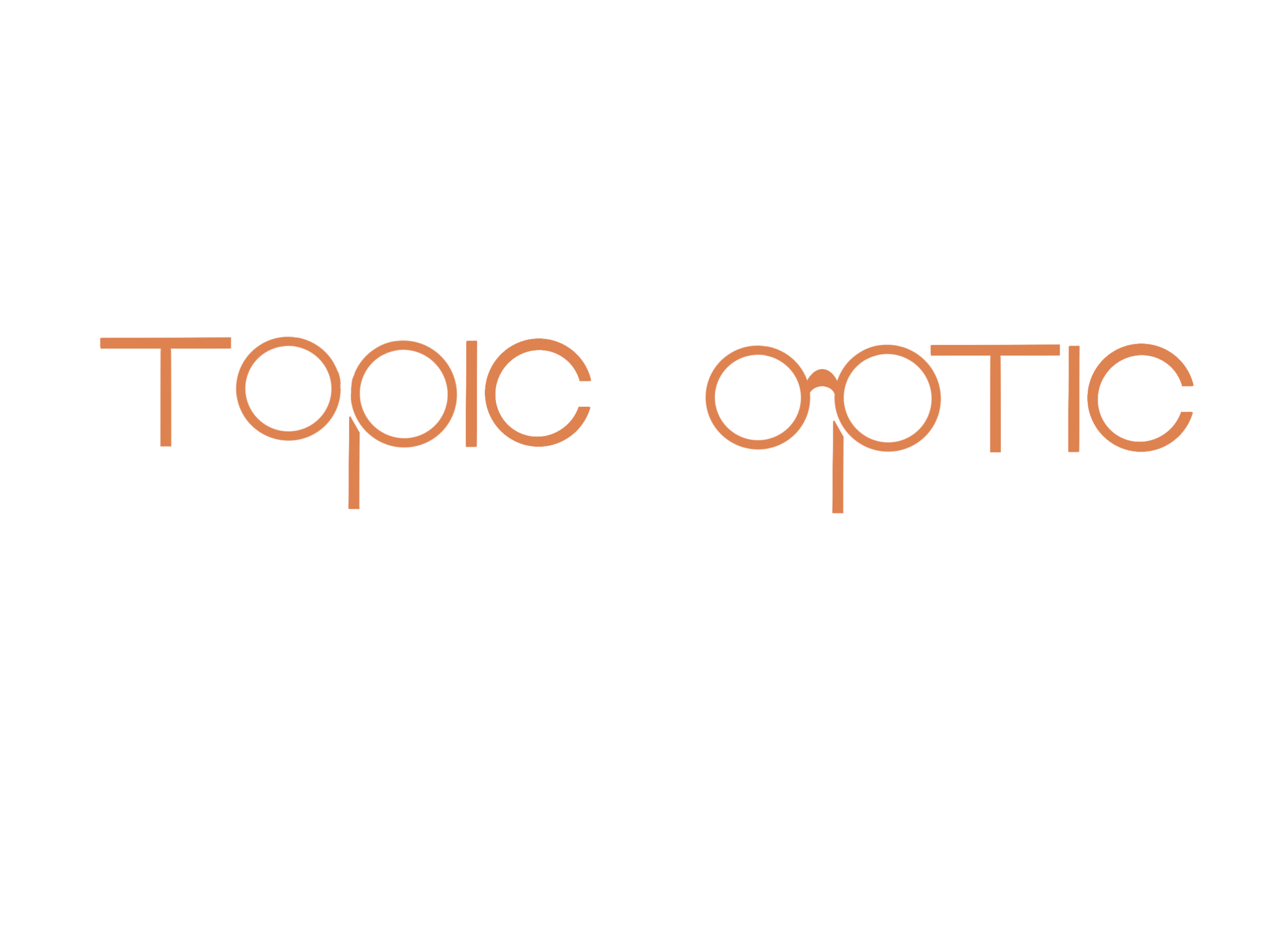Glaucoma
What is Glaucoma?
Glaucoma is a group of eye conditions that damage the optic nerve, which is vital for good vision. This damage is often caused by an abnormally high pressure in your eye. Glaucoma is one of the leading causes of blindness for people over the age of 60. It can occur at any age but is more common in older adults.
The most common form of glaucoma has no warning signs. The effect is so gradual that you may not notice a change in vision until the condition is at an advanced stage. Because vision loss due to glaucoma can’t be recovered, it’s important to have regular eye exams that include measurements of your eye pressure so a diagnosis can be made in its early stages and treated appropriately.
Symptoms of Glaucoma:
Signs and symptoms of glaucoma vary depending on the stage and type of the condition, and can include:
- Patchy blind spots in your side (peripheral) or central vision, frequently in both eyes
- Tunnel vision in the advanced stages
- Severe headache
- Eye pain
- Nausea and vomiting
- Blurred vision
- Halos around lights
- Eye redness
If you experience some of these symptoms, seek immediate medical care from an eye specialist.
Treatment for Glaucoma:
Glaucoma treatment often starts with prescription eye drops. These can help decrease eye pressure by improving how fluid drains from your eye or by decreasing the amount of fluid your eye makes. Depending on the situation, your doctor may also suggest pills to reduce pressure in the eye.
For some people, surgery becomes a necessity. Some glaucoma surgery options include:
- Laser therapy
- Filtering surgery
- Drainage tubes
- Minimally invasive glaucoma surgery (MIGS)
The goal of any treatment is to prevent loss of vision, as vision loss from glaucoma is irreversible. The earlier the diagnosis, the more effective it is to prevent further damage.
Prevention of Glaucoma:
While you can’t prevent glaucoma from developing, you can help minimize the risk of vision loss if you get diagnosed early. For this reason, regular eye check-ups are crucial. Other practices that may help in the prevention or health management aspect of glaucoma include:
- Regular exercise
- Protecting your eyes with proper eyewear during sports or other high-risk activities
- Taking prescribed eye drops regularly
- Being aware of your family’s eye health history
- Keeping a healthy body weight to avoid conditions like diabetes
- Not smoking
Please note that this information is provided for informational purposes only and should not substitute professional medical advice. If you suspect you have glaucoma or any eye-related concerns, it is important to consult with an eye care professional for a proper evaluation and personalized recommendations.
